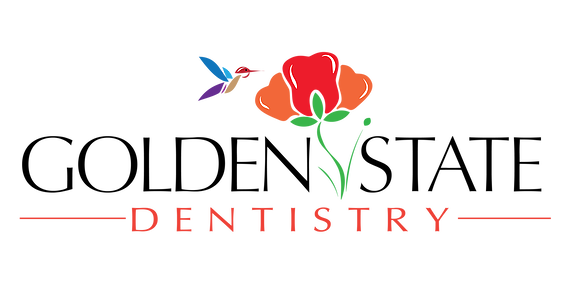
Enamel is the thin outer layer of the tooth. Enamel helps protect your teeth from daily use, such as chewing, biting, and grinding. In fact, enamel is considered to be the hardest mineral substance in the body. However, everyday acids that develop from certain food and drinks, environmental factors, and habits can put your enamel at risk of erosion. Once the enamel is lost, it cannot be repaired by the body.
Symptoms
There are certain signs and symptoms that may indicate worn tooth enamel. These include:
- Sensitivity. If your enamel is wearing away, you may notice pain or sensitivity to hot or cold beverages and food. Eating ice cream or drinking hot coffee may be unpleasant.
- Discoloration. When enamel wears away, the layer underneath called dentin becomes visible. Dentin naturally has a yellowish tone; thus, your teeth may appear more yellow.
- Chips and cracks. When your enamel wears away, your teeth become weaker and more vulnerable to chips and cracks from biting and chewing.
Causes
When you eat, bacteria feast on sugars from sweet and starchy food. This creates harmful acids in your mouth that wear away the enamel. Acidic beverages, such as soda, alcohol, and fruit drinks also weaken the enamel and cause enamel erosion over time.
Saliva displaces acids that damage tooth enamel and cause tooth decay. If you suffer from dry mouth due to certain medications or health conditions, the acids in your mouth stick around longer. This puts your enamel at risk of erosion.
Certain gastrointestinal problems, such as acid reflux, stomach problems, or eating disorders, can cause stomach acid to enter your mouth. This can cause tooth enamel to erode.
Environmental factors, such as grinding your teeth or brushing too hard can also wear down the enamel.In addition, if you use your teeth to open bottles, chew on fingernails or pens, or use your teeth for anything other than what they are designed to do, you could chip or crack the tooth enamel.
Prevention
There are simple steps you can take to keep your teeth strong and prevent enamel erosion. First and foremost, maintaining good oral hygiene, such as by brushing your teeth twice a day for two minutes at a time, and flossing daily, can help reduce acid-forming bacteria in your mouth.
In addition, eating a healthy and balanced diet, and cutting down on acidic, sugary and starchy food like soda, dessert, and potato chips, will prevent enamel-eroding acids from forming in your mouth. Furthermore, incorporating milk and yogurt products, which are rich in calcium and phosphate, into your diet will have a protective effect against enamel erosion.
Finally, drinking more water throughout the day and rinsing your mouth with water after acidic food will help displace some of the harmful acids in your mouth and encourage saliva production.
Treatment
If your teeth are cracked or broken as a result of enamel erosion, you may need cosmetic dental restorations, such as a crown, a bridge, or veneers. These options use porcelain that match the color of your teeth and cover your natural teeth to protect them.
If you are worried you have enamel erosion, contact us at (925) 705-7093 or request an appointment online to schedule a consultation. Our dentist will be able to work out a treatment plan that's right for you.


.jpg?width=712&name=GSD-Scalloped-Tongue-Causes-and-Treatment-Blog-01.27.2210.21.21%20(1).jpg)











.jpeg?width=425&name=GSD-How-to-Combat-Dental-Plaque-07.22.24-2%20(1).jpeg)



